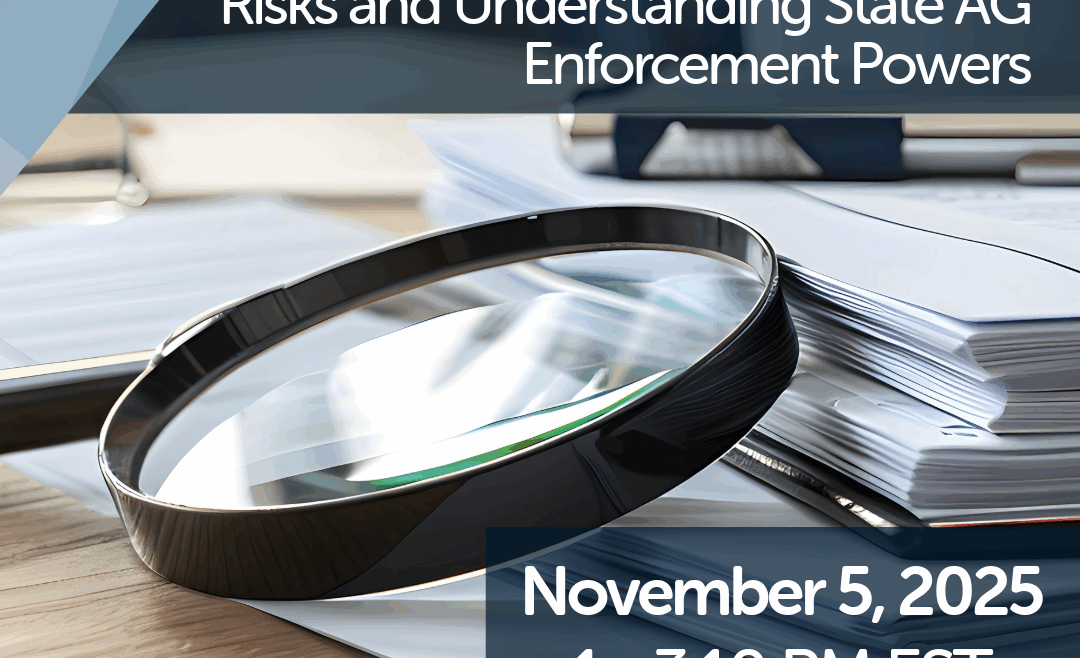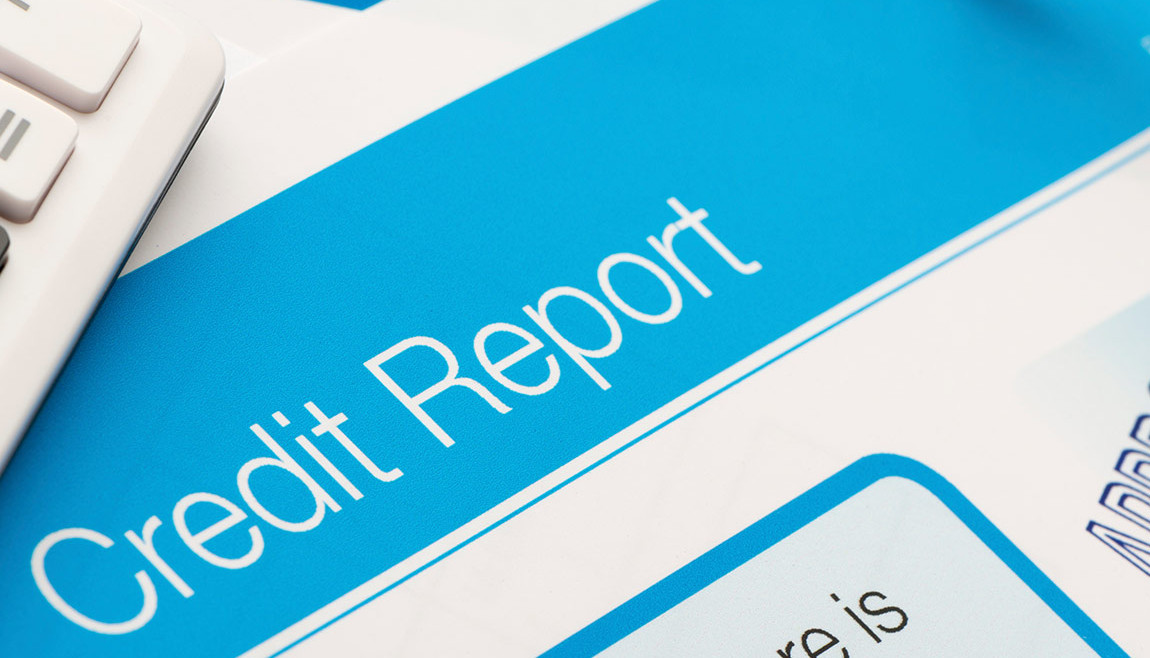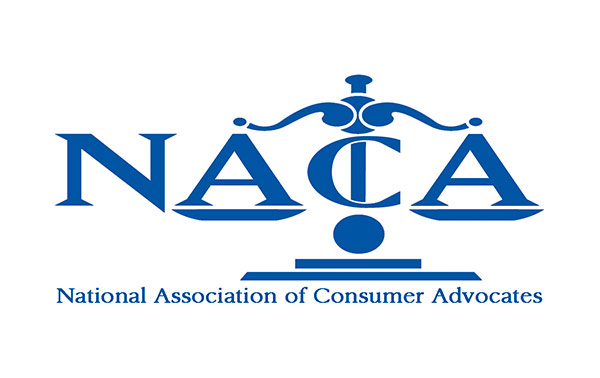myLawCLE Presentation
https://bardolawpc.com/wp-content/uploads/2025/10/Spotting-Consumer-Protection-Risks-1-Instagram-1-819x1024.png 819 1024 StacyBardo StacyBardo https://bardolawpc.com/wp-content/uploads/2015/09/LinkedIn-StacyBardo-BardoLawPC-150x150.jpgStacy Bardo will speak at an upcoming myLawCLE Presentation. The seminar, titled “Spotting Consumer Protection Risks and Understanding State AG Enforcement Powers,” is scheduled for November 5, 2025 at 12:00 p.m. Central Time. A link to the program can be found here: mylawcle
Consumer protection issues dominate the concerns of everyday people and corporate compliance departments, but many practitioners are unfamiliar with the state and federal regulatory frameworks which exist to even the playing field. This seminar will introduce the most common debt collection, credit reporting, and unfair trade practice fact patterns, provide a primer on statutory requirements, exemptions, and elements, and address recent caselaw on Article III standing and arbitration enforcement. You will learn:
1. The fundamentals of the Fair Debt Collection Practices Act (“FDCPA”) and Fair Credit Reporting Act (“FCRA”);
2. How to effectively intake a case and screen potential clients;
3. Where to file the case, addressing state vs. federal vs. arbitral forum procedures; and
4. How to spot fee-shifting claims, allowing for contingency-based legal representation.
Ms. Bardo’s co-panelists will then join the discussion with a focus on AG enforcement powers and other efforts to protect consumers, and how they impact business operations.








